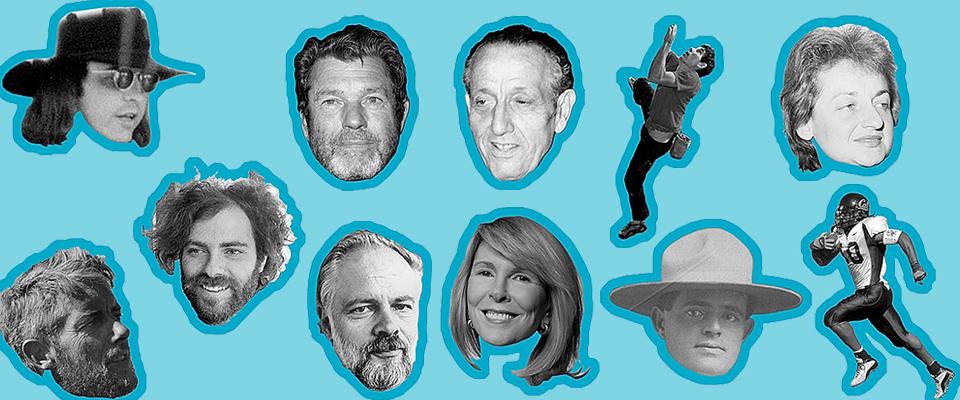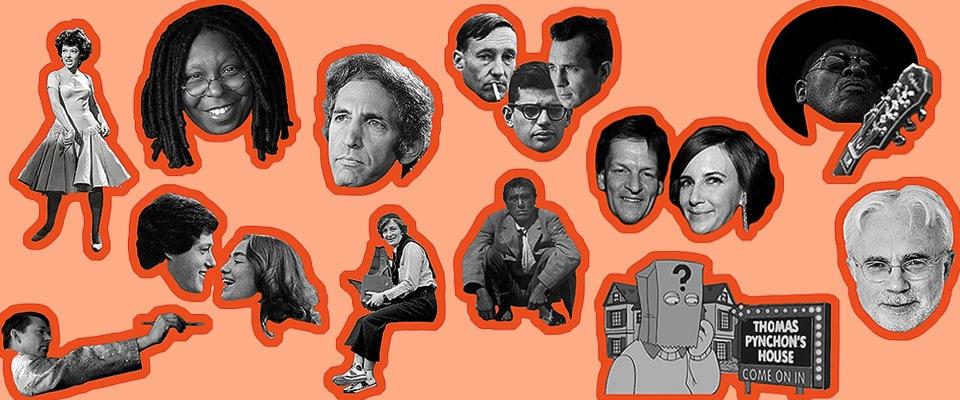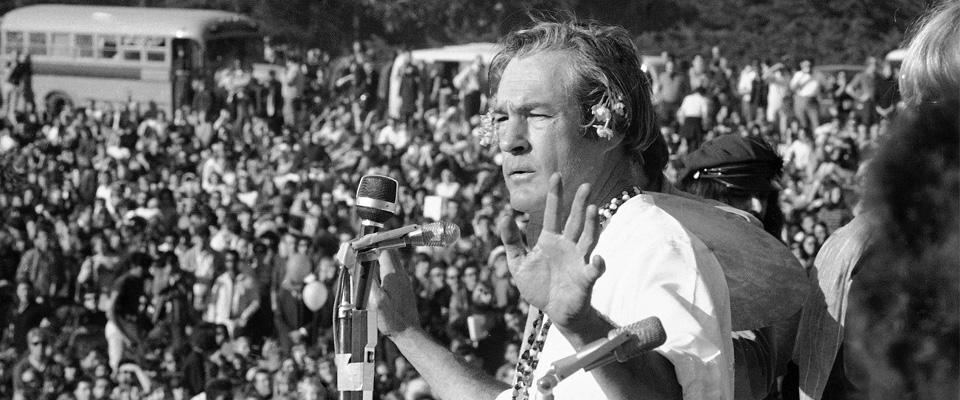OK, we know it’s unusual for an alumni magazine to acknowledge, let alone celebrate, its dropouts. Berkeley is different. And that uniqueness is part of what draws people here—not just students and professors, but folks of all walks, many of whom are distinguished in their fields or famous for their exploits.
Here in this ad hoc Hall of Fame, we at California magazine have defined “dropouts” in the usual sense—former students who left UC Berkeley without completing their degrees, or simply transferred elsewhere. A second Hall of Fame features “drop-ins”—non-natives who neither enrolled at Cal nor had any long association as faculty, yet called the town home for a time or are living here now.
We think it’s an interesting list. We’re also sure it’s incomplete. So, tell us whom we missed. Write to us at californiamag@alumni.berkeley.edu and put “Hall of Fame” in the subject heading.
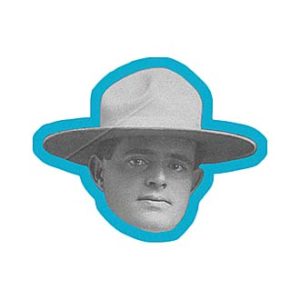
Author Jack London, whose best-known novels include Call of the Wild, White Fang, and Martin Eden, dropped out of the University of California in 1897 after a single semester for lack of funds, and lit out for the Yukon as part of the Klondike gold rush. According to biographer James Haley, London was already a staunch socialist and a notorious rabble-rouser, and the school was not sorry to see him go.
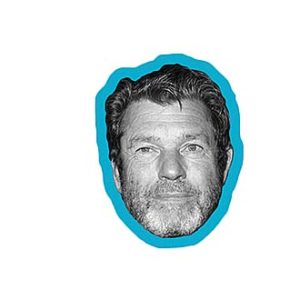
Jann Wenner was 20 when he dropped out of Berkeley in 1967. Soon afterward, he founded Rolling Stone, a biweekly magazine devoted to rock ‘n’ roll, youth culture, and politics. As a student, Wenner penned a music column at the Daily Cal under the byline Mr. Jones. Like the title of his magazine, the pen name was a nod to the lyrics of Bob Dylan. In addition to Rolling Stone, Wenner founded Outside and Men’s Journal magazines.
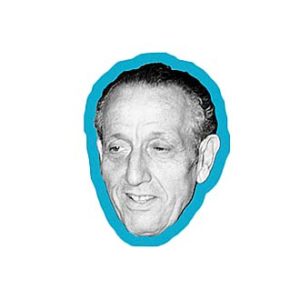
“I liked money more than I liked going to school,” Norton Simon once remarked on his decision to quit Berkeley after just a few weeks. Through
a succession of mergers and acquisitions, Simon built an empire that came to include Hunt-Wesson Foods, Max Factor cosmetics, and Avis car rentals. Being a dropout didn’t keep
the art collector and corporate raider from becoming a UC regent. In fact, Simon was one of the few regents who openly opposed Governor Ronald Reagan’s decision to fire UC President Clark Kerr.
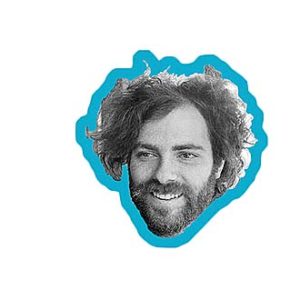
After dropping out of Berkeley as a grad student, Jerry Rubin cofounded the Youth International Party in 1967, along with fellow dropout Abbott “Abbie” Hoffman. To draw attention to their radical leftist platform, the Yippies engaged in acts of “guerrilla theater,” once scattering fistfuls of counterfeit bills in the New York Stock Exchange and watching traders scramble. The two were later arrested as part of the Chicago Seven for allegedly inciting riots at the 1968 Democratic National Convention. Their convictions for that (and numerous counts of contempt of court) were overturned on appeal. Rubin went on to become a successful businessman.
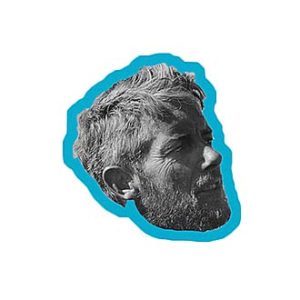
David Brower, the first executive director of Sierra Club and founder of Friends of the Earth and Earth Island Institute, is widely considered to have been the greatest environmentalist of the 20th century. Among other notable triumphs, Brower led the successful campaign to keep dams out of Dinosaur National Monument and the Grand Canyon. An accomplished mountaineer in his youth, Brower dropped out of Berkeley in 1931 to climb in his beloved Sierra Nevada and later served in the Army’s 10th Mountain Division in WW II.
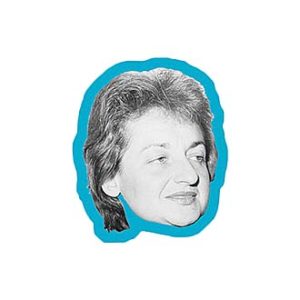
A leading voice of women’s liberation and author of The Feminine Mystique, Betty Friedan did a year of graduate studies in psychology before dropping out of Berkeley in 1943. She would later lament the fact that countless women of her generation sacrificed “their own education to put their husbands through college,” only to be “left in the lurch” when the divorce came. In her own case, it was a simple career decision. As she told an interviewer from PBS, “I didn’t want to be an academic.”
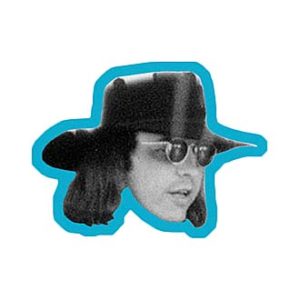
Augustus Owsley Stanley III was probably the first individual to mass-manufacture lysergic acid diethylamide, the hallucinogen better known as LSD or acid. The scion of an influential Kentucky family, Owsley dropped out of Berkeley in 1963. He soon became an almost mythical figure in the psychedelic movement, acting as personal acid supplier to Ken Kesey and his Merry Pranksters, The Beatles, and the Grateful Dead, for whom he was an early soundman.
More than one Internet commentator has speculated that Jed McCaleb is the real programmer behind the pseudonymous Satoshi Nakamoto, the shadowy creator of Bitcoin. McCaleb dropped out of Berkeley in his freshman year and founded eDonkey, a popular peer-to-peer file-sharing network that was shut down by the recording industry in 2006. Four years later, he created Mt. Gox, the world’s largest bitcoin trading website. Mt. Gox was shuttered in 2014, but McCaleb has moved on to other ventures, all involving digital currencies.
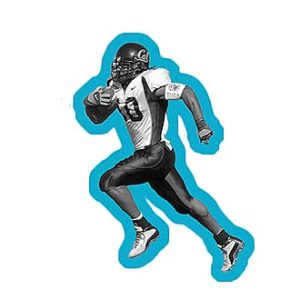
Plenty of professional athletes leave college before finishing their degrees, and Cal has had its share of those—including Green Bay Packers quarterback Aaron Rodgers; five-time MLB All-Star Jeff Kent; and former NBA superstar (now Milwaukee Bucks head coach) Jason Kidd. Time will tell who among the many athlete-dropouts will be best remembered. For now, we nominate media anti-hero and Seattle Seahawks running back Marshawn Lynch, who has become as famous for his passively antagonistic relationship with the press as for his Beast Mode style of ball-carrying.
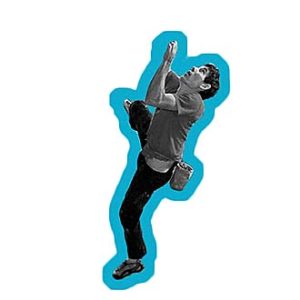
Rock climber Alex Honnold, who dropped out of Berkeley in 2004, is arguably the world’s finest and best known free soloist. Free soloists climb without a safety rope or other protection, using only their hands and feet to ascend. A fall while free soloing is usually fatal. Honnold’s résumé is packed with phenomenal firsts, including the first free solo ascent of the West Face route on El Capitan in Yosemite Valley.
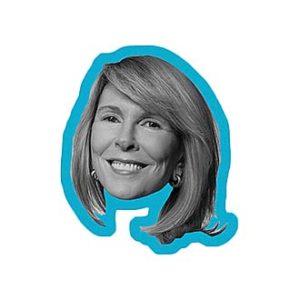
She may not be a household name like Sheryl Sandberg or Oprah Winfrey, but Susan Lyne, who dropped out of Berkeley and into the Red Family commune (where actress Jane Fonda also lived for a time), has a CV that could stand up to any corporate leader’s, male or female. Among other stints, Lyne served as president of ABC Entertainment, and CEO of Martha Stewart Living while that company’s namesake was in jail. She was also the founding editor of Premiere.
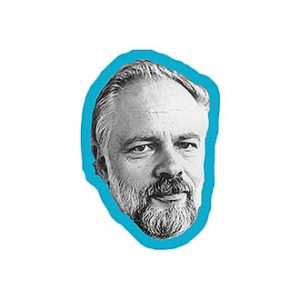
Philip K. Dick, author of dozens of sci-fi classics, including The Man in the High Castle, A Scanner Darkly, and Do Androids Dream of Electric Sheep?, dropped out of Cal after just a couple of months in 1949. According to legend, Dick quit in protest of ROTC training, which was then mandatory for all male students. The Berkeley High grad also suffered from severe vertigo and agoraphobia.











